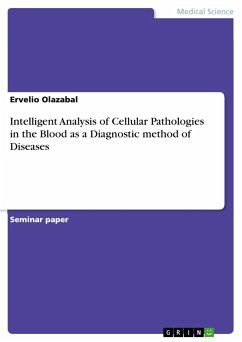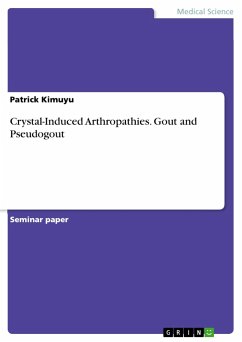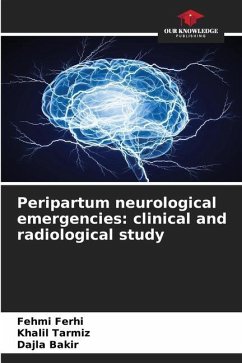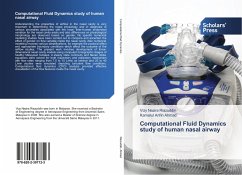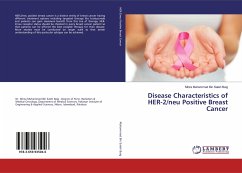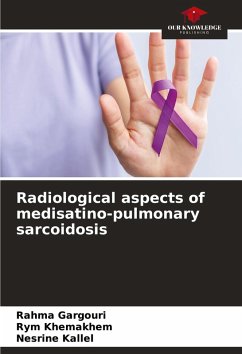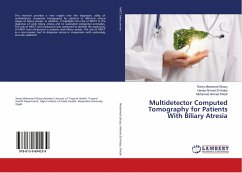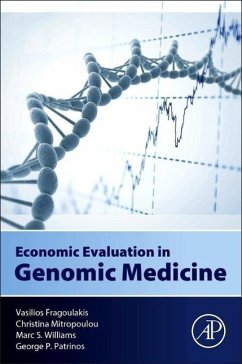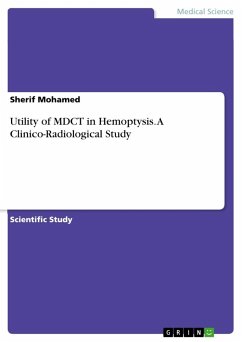
Utility of MDCT in Hemoptysis. A Clinico-Radiological Study

PAYBACK Punkte
0 °P sammeln!
Scientific Study from the year 2015 in the subject Medicine - Other, grade: 8.1, , language: English, abstract: Hemoptysis is defined as bleeding arising from the lower airways. Identifying the etiology of hemoptysis and classifying it in terms of the amount of blood expectorated as well as the rate of bleeding play a fundamental role in defining the timing, way and place of managing a patient with hemoptysis. There are multiple causes of hemoptysis, including airway diseases, parenchymal lung diseases, cardiovascular diseases, and others. However, no cause is identified in 15-30% of all cases...
Scientific Study from the year 2015 in the subject Medicine - Other, grade: 8.1, , language: English, abstract: Hemoptysis is defined as bleeding arising from the lower airways. Identifying the etiology of hemoptysis and classifying it in terms of the amount of blood expectorated as well as the rate of bleeding play a fundamental role in defining the timing, way and place of managing a patient with hemoptysis. There are multiple causes of hemoptysis, including airway diseases, parenchymal lung diseases, cardiovascular diseases, and others. However, no cause is identified in 15-30% of all cases, and is termed idiopathic or cryptogenic hemoptysis. In the majority of cases, the source of massive hemoptysis is the bronchial circulation. However, nonbronchial systemic arteries can be also a significant source. Imaging modalities pertinent to the evaluation of hemoptysis include chest radiography, computed tomography, and bronchial arteriography. Conditions such as bronchiectasis, chronic bronchitis, lung malignancy, tuberculosis, and chronic fungal infection are easily detected with conventional CT. Even, CT is superior to fiberoptic bronchoscopy in finding a cause of hemoptysis, its main advantage being its ability to show distal airways beyond the reach of the bronchoscope, and the lung parenchyma surrounding these distal airways. However, more recently, the development of multidetector row CT has provided a comprehensive, noninvasive method of evaluating the entire thorax. At the same time, the combined use of thin-section axial scans and more complex reformatted images allows clear depiction of the origins and trajectories of abnormally dilated bronchial or non-bronchial systemic arteries that may be the source of hemorrhage requiring embolization.




